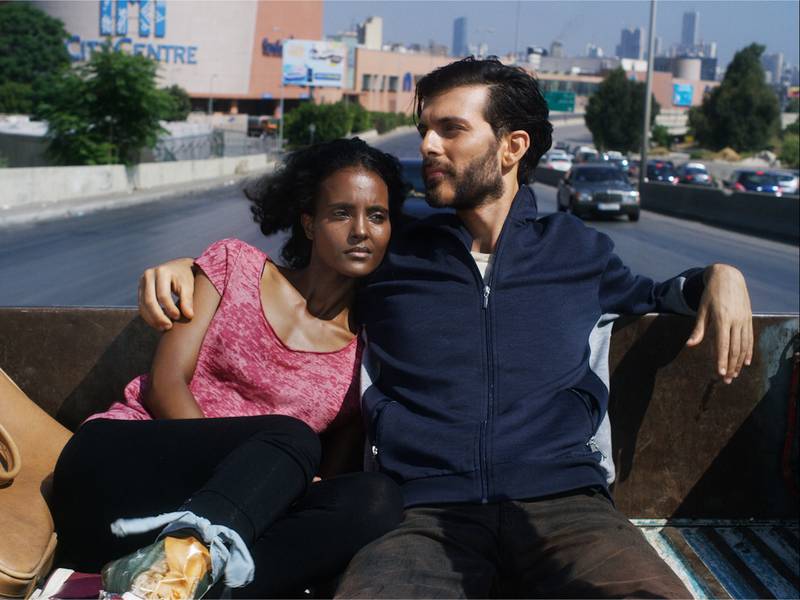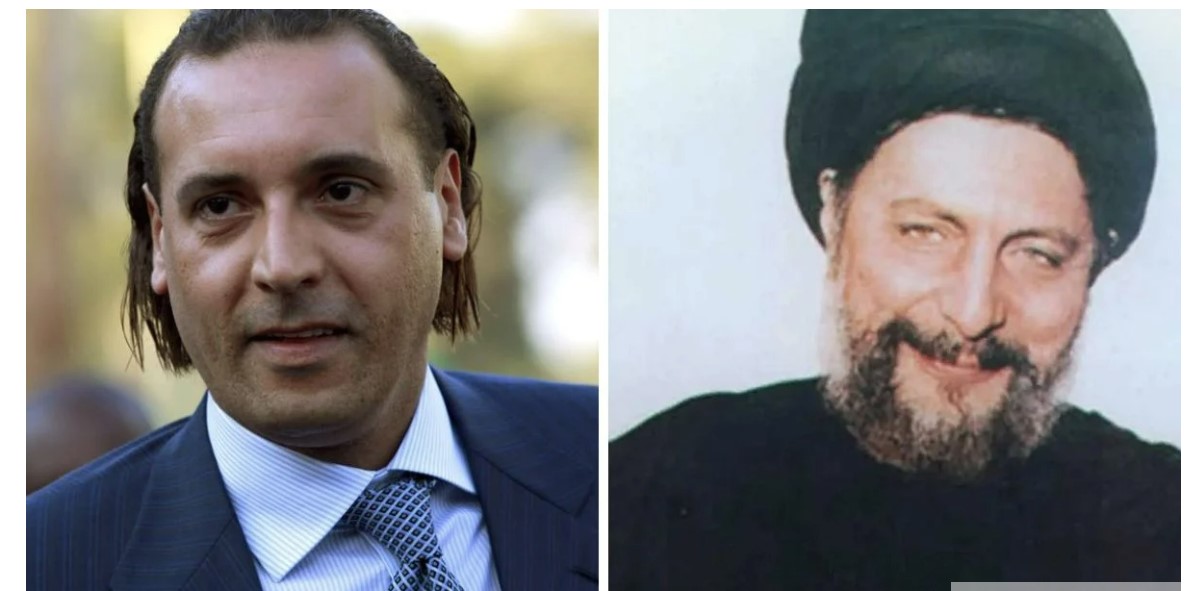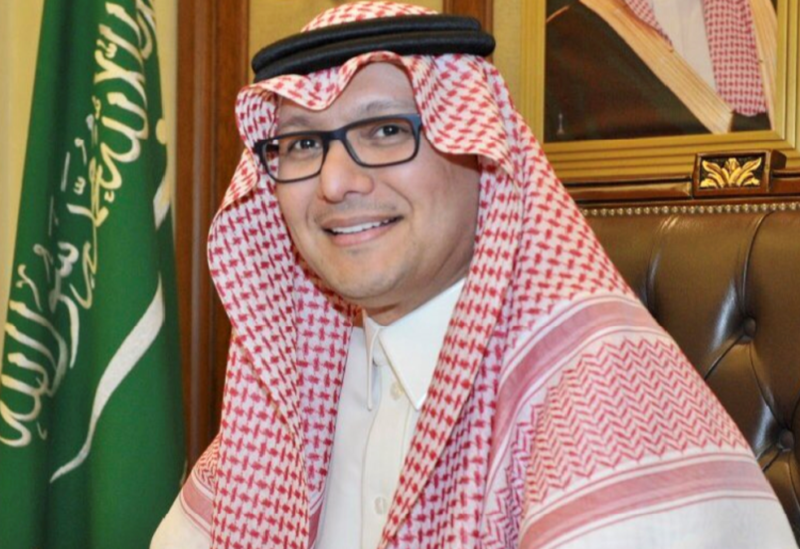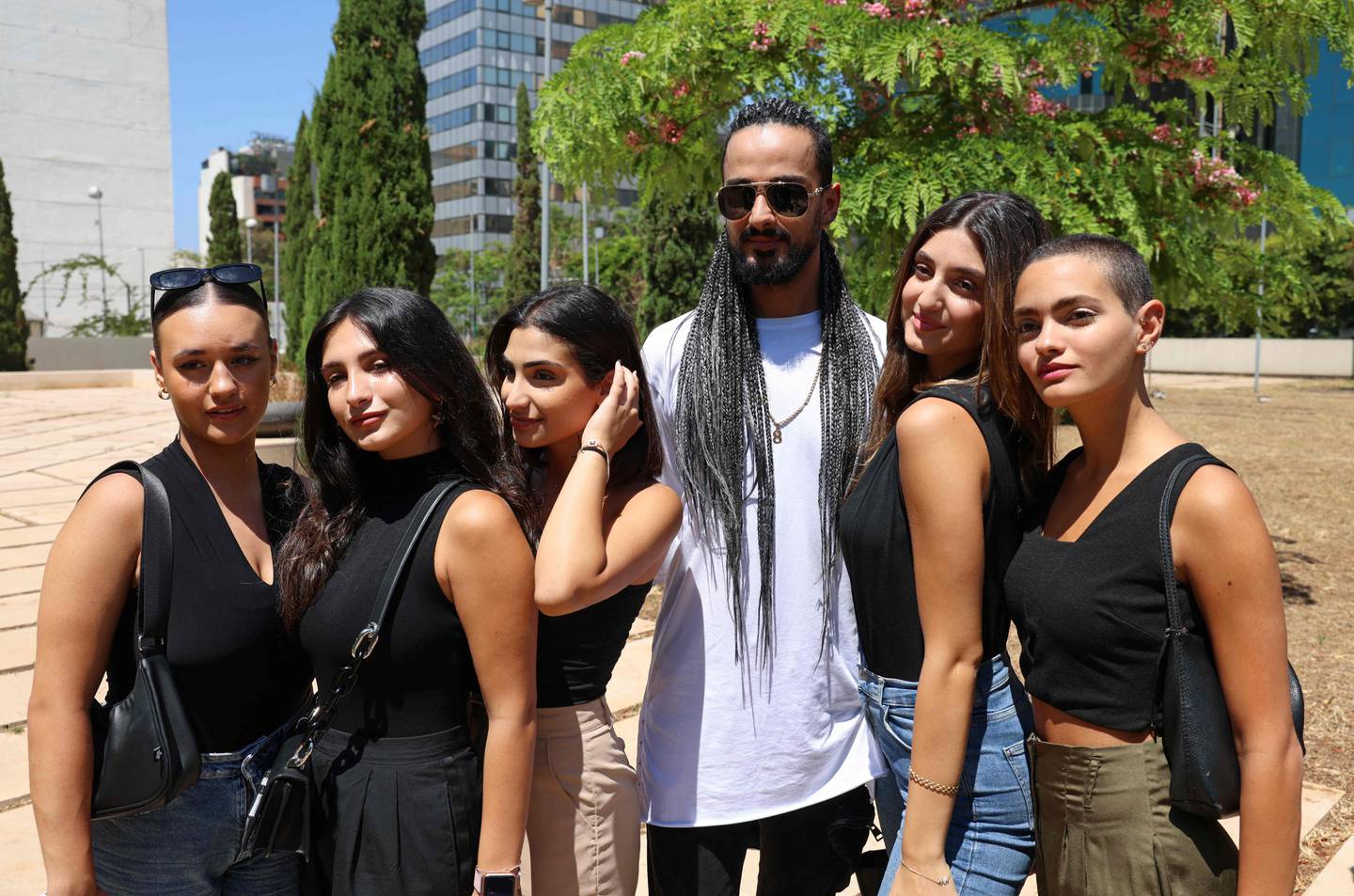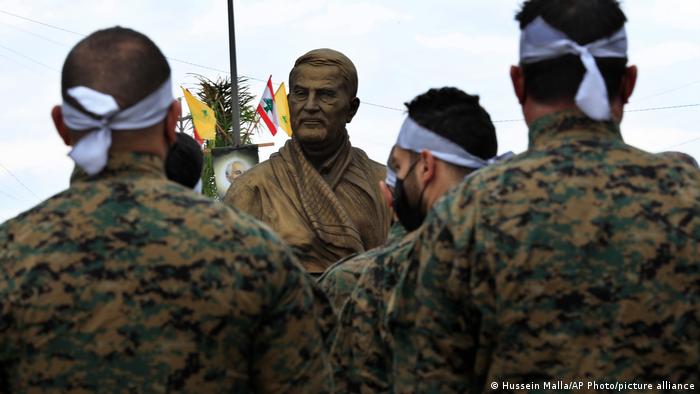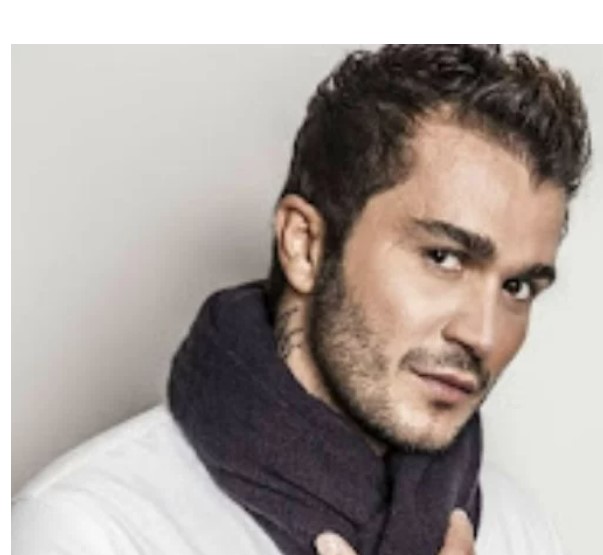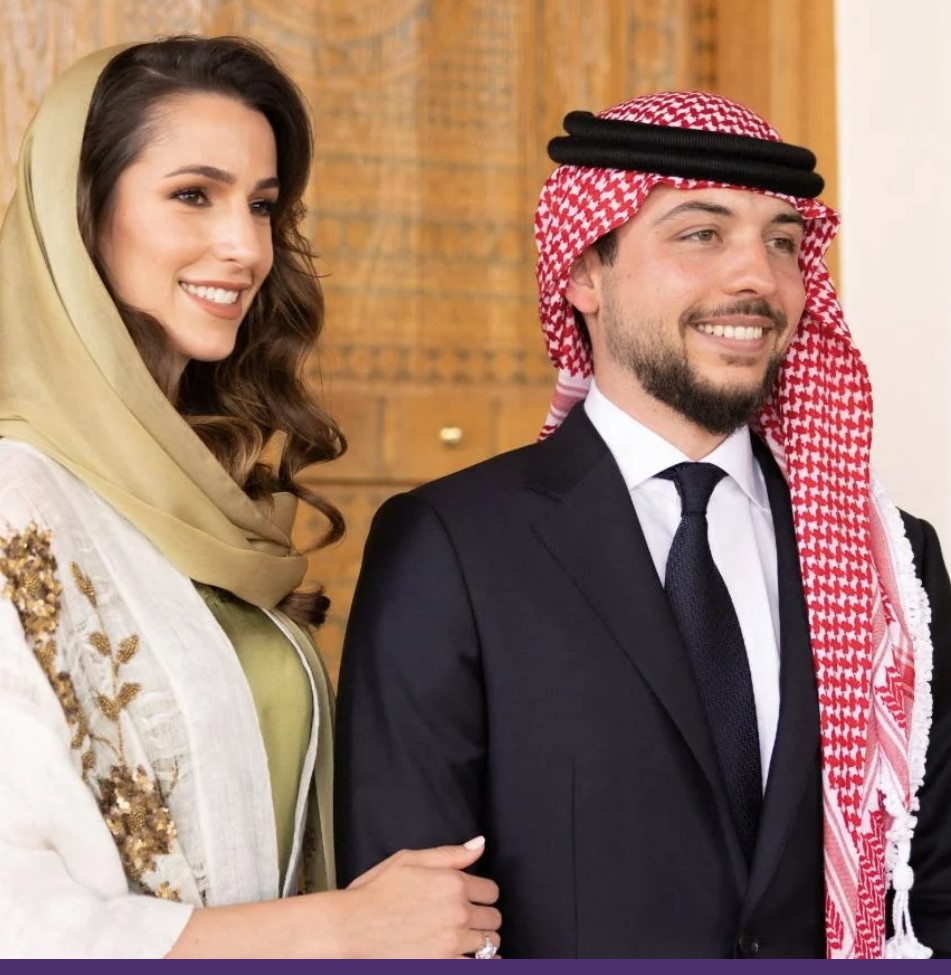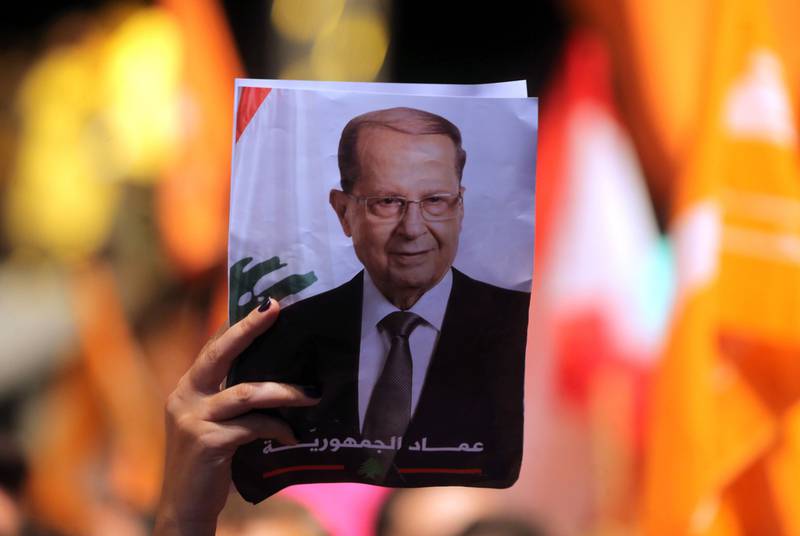
By Michael Young — thenationalnews.com — On Thursday, Lebanon will enter the two-month constitutional period during which parliament must elect a successor to President Michel Aoun. Revealingly, Hezbollah has adopted a different attitude than the one six years ago, when it had provoked a debilitating two-year presidential vacuum as leverage to bring Mr Aoun to office. As a number of observers have remarked, Hezbollah cannot look back on its support for an Aoun presidency as a success. While this did allow the party to reinforce its alliance with a major Christian partner, strengthening Hezbollah’s leverage in the political system, it also exposed the party to the repercussions of Mr Aoun’s falling popularity. Rightly or wrongly, many Lebanese associate the economic collapse that began in 2019 with the President, even if there is plenty of blame to spread around the country’s corrupt political class.
With economic pain reaching deep into the Shiite community, Hezbollah appears to be more careful in its presidential calculations today. To an extent, conditions have also imposed this. The outcome of the parliamentary election in May led to a legislature in which none of the country’s major political alignments has a majority, making for what is often a hung parliament. Only on rare occasions can Hezbollah impose a majority, as when it compelled its reluctant Aounist allies to help ensure the re-election of Nabih Berri as Speaker. Rather than naming a presidential candidate, Hezbollah appears to be waiting and seeing if a consensus emerges around a given figure. The problem is that two of its Maronite Christian allies are competing for the presidency – Gebran Bassil, the son-in-law of Mr Aoun and head of the Free Patriotic Movement, and Suleiman Franjieh, the grandson of a former president. However, both men face major problems – Mr Bassil is under US sanctions, while Mr Franjieh provokes little enthusiasm outside a small portion of his own community. Hezbollah has faced challenges that showed antagonism towards it was growing in potentially dangerous ways
